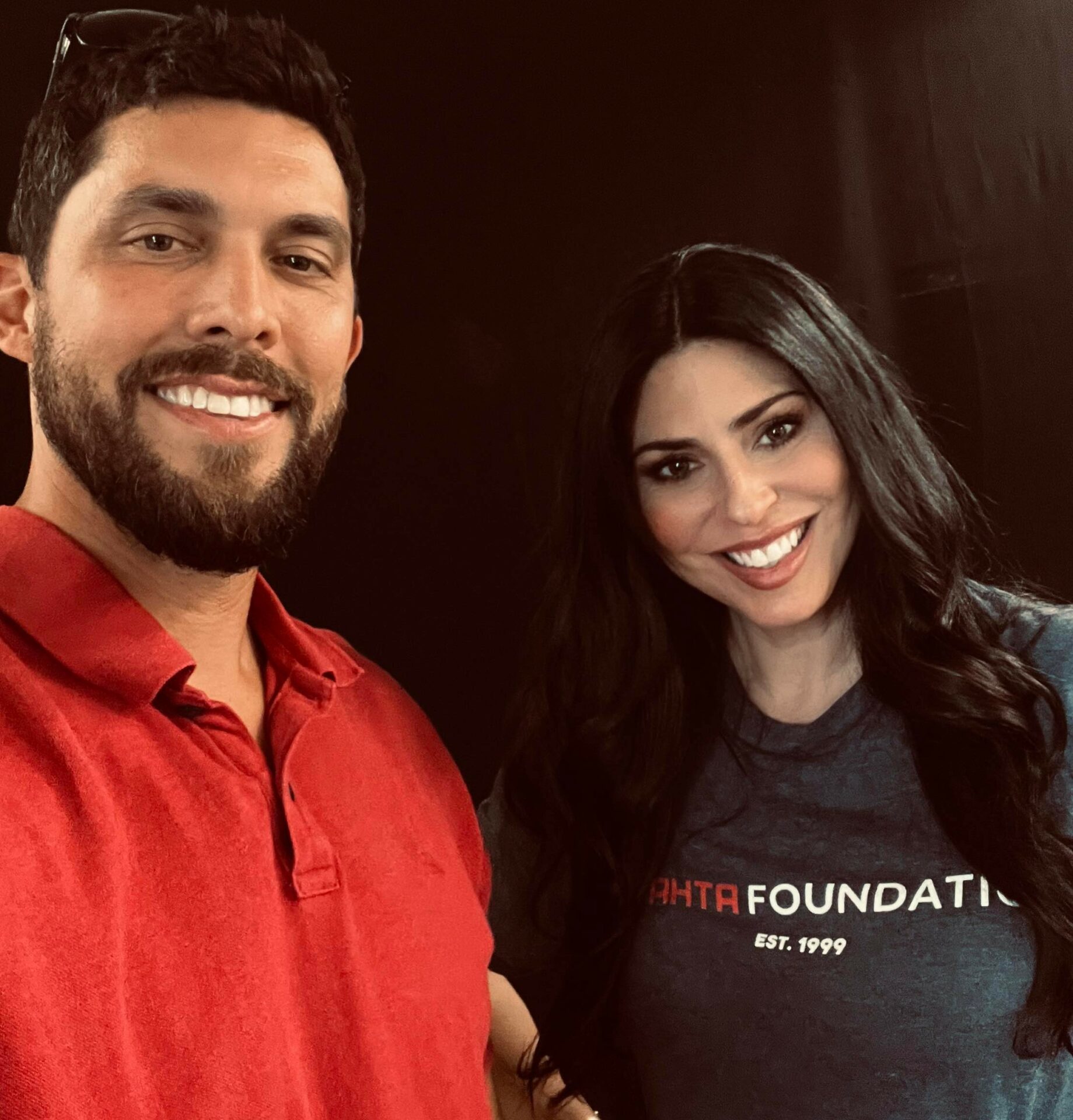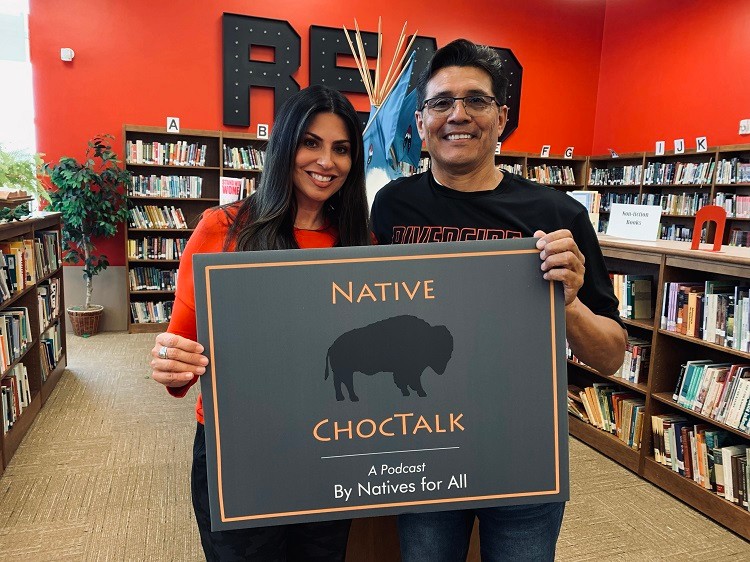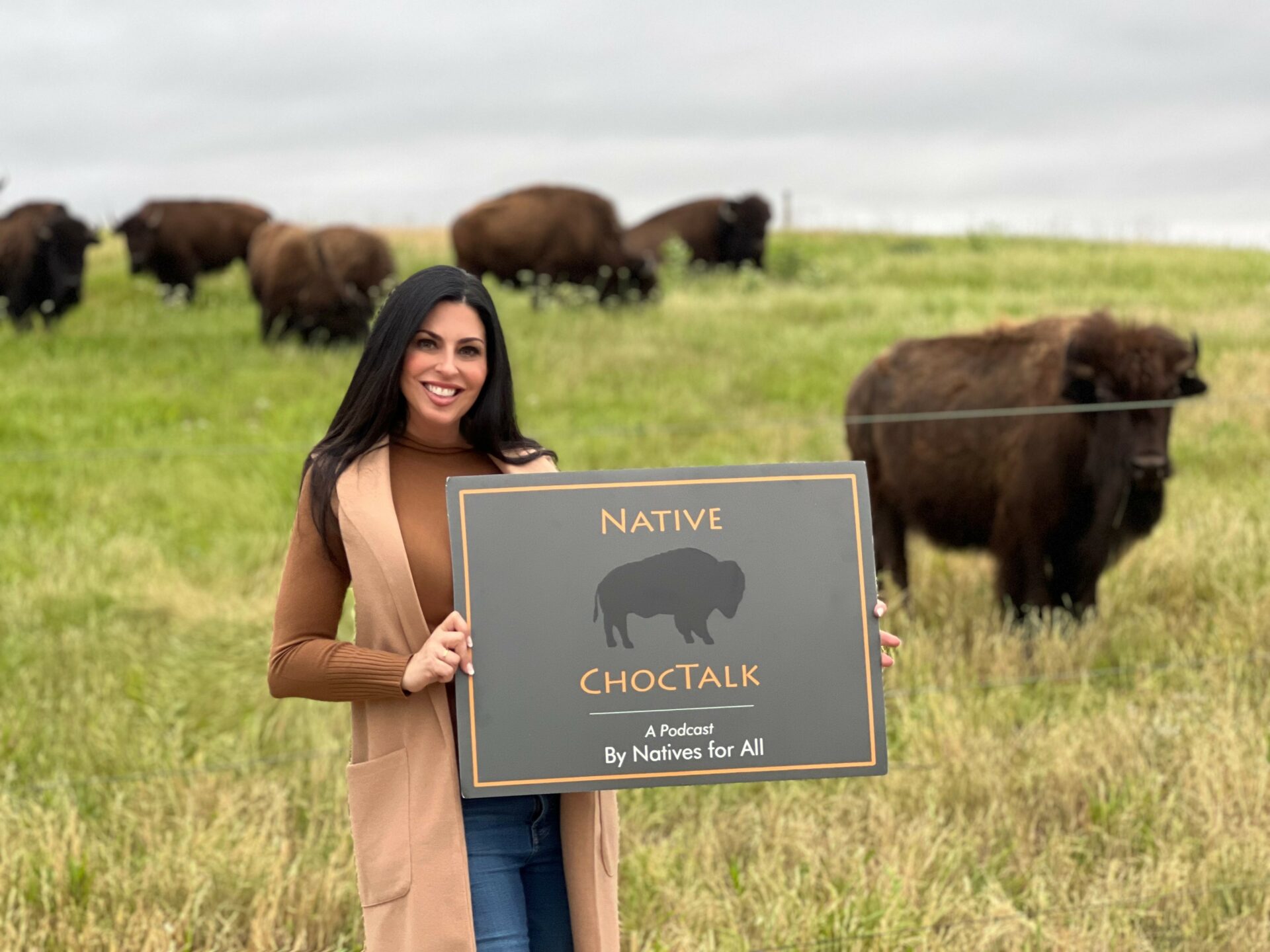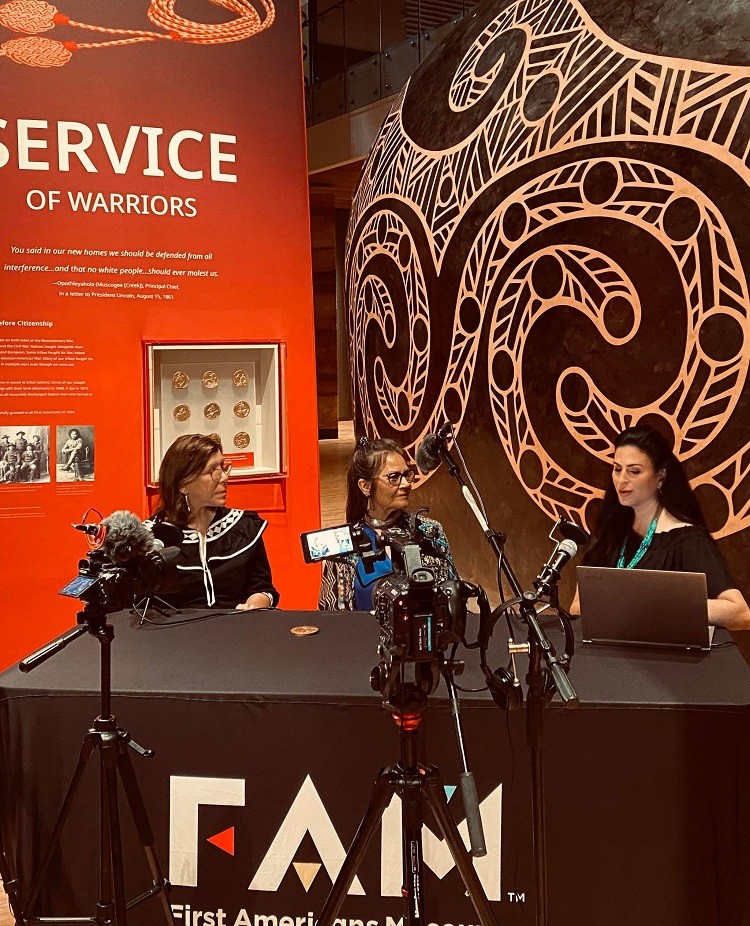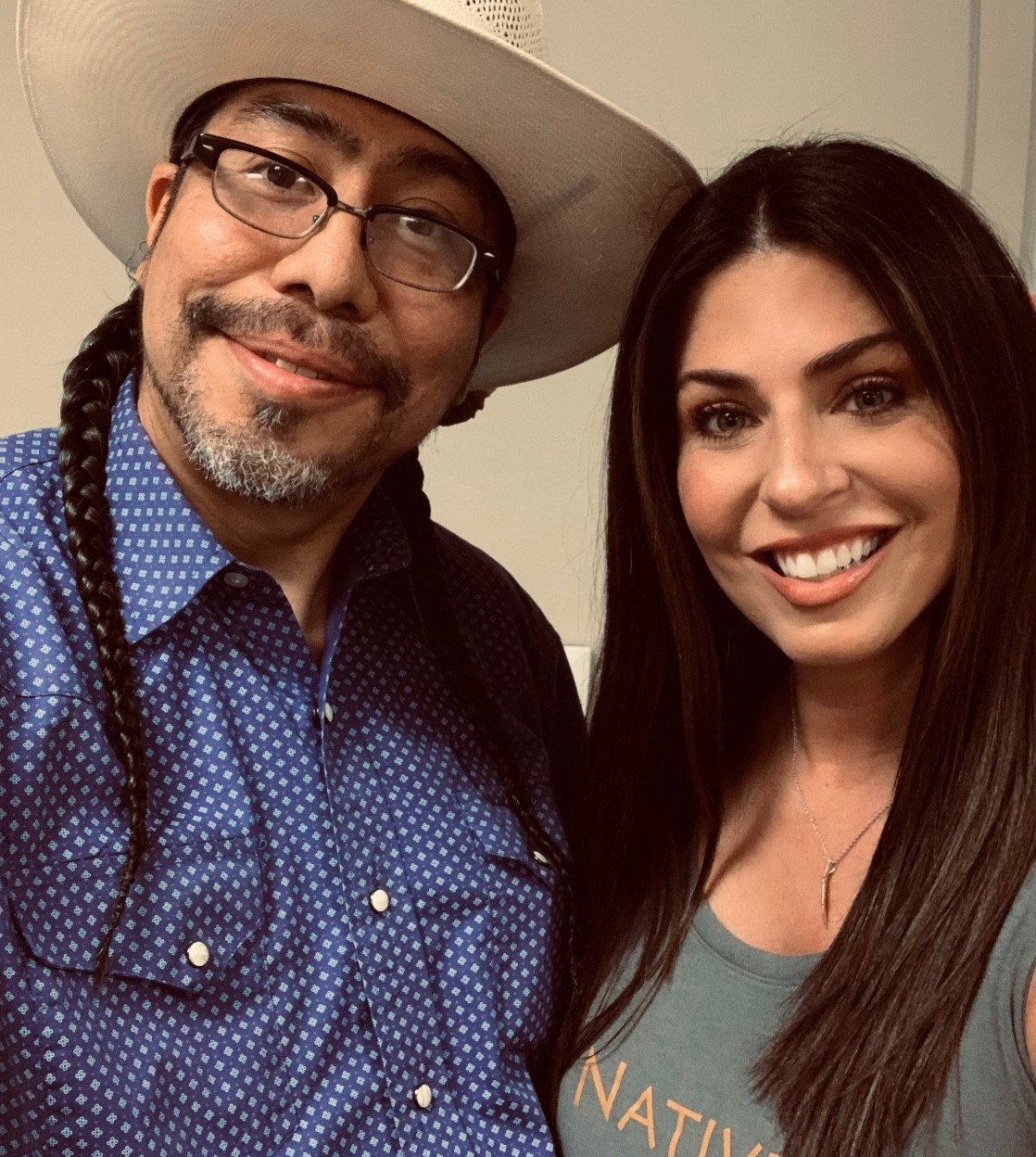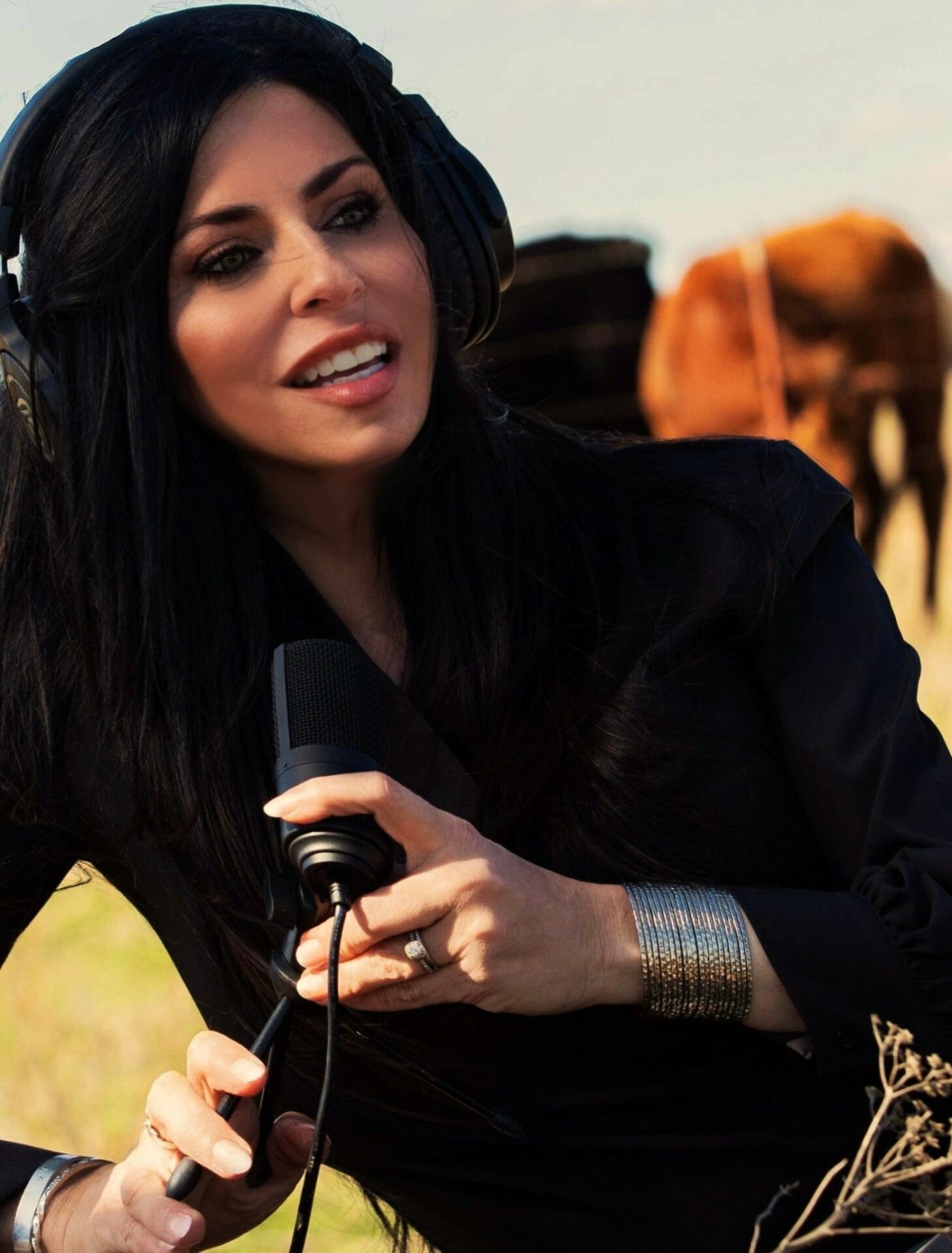We were lucky to catch up with Rachael Youngman recently and have shared our conversation below.
Rachael, looking forward to learning from your journey. You’ve got an amazing story and before we dive into that, let’s start with an important building block. Where do you get your work ethic from?
I’d say I get my work ethic from a variety of areas.
1) From where I grew up: I was born and raised 5 miles west of Anadarko, Oklahoma. We grew our own vegetables, raised chickens for eggs, homeschooled, made a lot of our own clothes and tended to 10 acres. Everyone had to do their part or the homestead wouldn’t run smoothly. My sisters and I working in the garden in that Oklahoma heat with the sun beating down on us, mowing several acres of land with a push mower (and multiple extension chords plugged in together), and all our many other chores was hard. But in a way we liked it. It gave us a sense of accomplishment. I’m not saying there weren’t complaints on occasion but we were encouraged to keep a positive attitude and to make work fun. We could see the results of our efforts and of our teamwork and we developed a sense of pride. To this day, I usually have multiple projects and jobs and I enjoy experiencing the fruits of my efforts.
2) From homeschooling: One of the benefits of homeschooling is the sense of starting and finishing on your own schedule, which initiates a good work ethic. For example, I could start my schooling at 8am, and some days I may be done by 4:00 and other days I would finish at 1:00. I knew that once I completed my assignments, I could go outside and “play” for a little while. And when I was 12 years old, I got a job, so I would make sure I was done in time to go to work. (I also worked little odd jobs here and there prior to that as well – I enjoy earning a paycheck!)
3) From my mother: I owe so much of my work ethic to my mother. We may have lived out in the country where keeping our house clean wasn’t an easy task, yet our home was always kept clean. Also our clothes were washed, we had home cooked meals, my mother was our homeschool teacher, we spent a lot of time tending to our extremely large garden and all of our animals, and we could count on consistency and the work always being done. Although my mom delegated and we had chores, we learned by example as she worked twice as hard as we did. She canned our vegetables, sewed our clothes, made wedding cakes, altered clothing, and so much more. I don’t even know how she did it all. Even now she has a hard time sitting still and strives for excellence in everything she does.
4) From fear of poverty: I grew up around and observed a great deal of poverty. I told myself from a young age, I would do whatever it took to provide. I went through a divorce in my 20’s and with no family in my state and no child support, I knew I would make mine and my daughter’s lives better, no matter how many jobs I had to work. I remember having a talk with myself in the mirror one day after I realized my bills cost more than my income and said, “I will even scrub toilets if I have to, to make more money”. And I did. I started my own cleaning and organizing business and eventually had too many homes to keep up with so decided to hire other people. I promised myself I would never forget the feeling of not having, and the feeling of doing whatever it took to make ends meet. And true to my promise, I have never forgotten. (I also never want to forget that there are those who struggle and I hope to do what I can to help.)
Thanks, so before we move on maybe you can share a bit more about yourself?
Today, my career is two-fold.
1) I have a podcast called Native ChocTalk, a Podcast by Natives for All, in which I interview American Indians of any tribe so that they can share their ancestral stories, and tribal history, culture and traditions. I myself am Choctaw and I started this podcast partly because of my great grandmother’s own story that was partially kept hidden. As I researched more about her life, how she was sold into slavery at 3 years old, how her land allotments were temporarily stolen by a non-Native guardian, how she was abused by that guardian and more, I was devasted by the fact that we as her family didn’t have a chance to comfort her about her past because she was ashamed of it and was afraid to tell us. I wanted to be sure to honor her by preserving her story and I also wanted others to be able to do the same with their own family history. In addition, I love history and enjoy hearing the stories my guests share. It’s a great opportunity for myself and others to learn! By the way, I’m looking for advertisers and sponsors so please reach out if you’d like to support the work I’m doing in Native American historical preservation and awareness!
2) My full-time job is in business-to-business software sales, where I sell to large enterprises in order to increase security, save time and money and reduce their carbon footprints. I absolutely love what I do, as I get to know my customers well and build friendships since it’s a long and complex sales cycle. I hope someday when I retire I can continue those relationships that mean so much to me.
Looking back, what do you think were the three qualities, skills, or areas of knowledge that were most impactful in your journey? What advice do you have for folks who are early in their journey in terms of how they can best develop or improve on these?
If there were 3 skills I could go back in time and tell my younger self to consider, it would be the following:
1) Ask questions. I would stop talking so much and ask people more questions. And be genuinely interested. It’s amazing what you can learn when you care, and when you ask people about themselves.
2) Shut up and listen. I would ask people questions about themselves and then be quiet and let them talk. I’d soak it all in and seek to understand. You don’t even have to agree, but you can respect their right to their opinions. If you’re blabbing on non-stop, you’ll never have your ears open long enough to hear and to learn from others.
3 Dig deeper. When asking questions, I’d dig even deeper by asking more (as long as they’re comfortable doing so – respecting boundaries is also important!). Personally, surface conversations annoy me. Truly understanding others is the only way to continue learning.
Alright, so before we go we want to ask you to take a moment to reflect and share what you think you would do if you somehow knew you only had a decade of life left?
Beyond spending every moment I could with friends, family and my dog, I honestly would keep doing the podcast! There are so many more stories to capture and preserve and sometimes I feel like there are not enough days in the week to do so.
However, I currently face the challenge that many podcasters face of monetizing my podcast. In order to keep it going, I’ve got to ensure this doesn’t continue to be a very costly passion.
For many of us who are doing what we love, we’re so tied up in the day-to-day of producing, that it’s impossible to find time to ensure we’re getting advertisers and sponsors. For instance, I spend 35 hours per week just working on the preparation, research, script writing, editing, etc. and that’s in addition to my full-time job. What I’m doing isn’t sustainable and I’ve got to pay myself for my time (and/or pay for some extra hands).
So this is my shameless plug – feel free to reach out if you know someone that would like to sponsor!
Contact Info:
- Website: https://nativechoctalk.com/
- Instagram: https://www.instagram.com/nativechoctalk/
- Facebook: www.facebook.com/nativechoctalkpodcast/
- Linkedin: https://www.linkedin.com/in/native-choctalk/
- Twitter: https://twitter.com/NativeChocTalk
- Youtube: youtube.com/@nativechoctalk
- SoundCloud: https://soundcloud.com/nativechoctalk
- Other: Merchandise: Cafe Press: https://www.cafepress.com/nativechoctalkshop
Etsy: https://www.etsy.com/shop/NativeChocTalk
![]()
